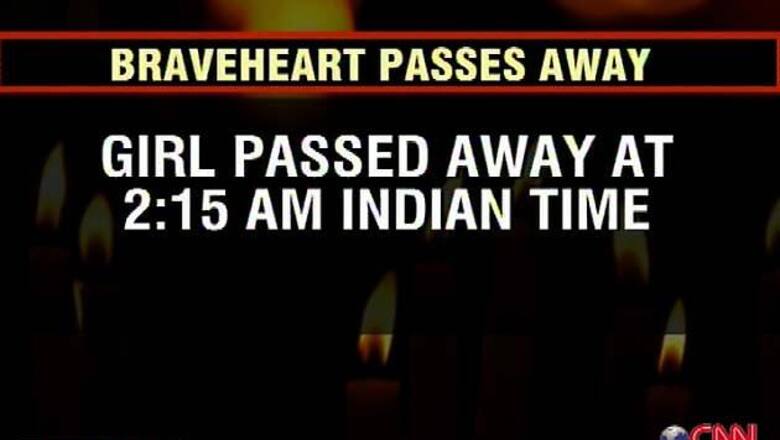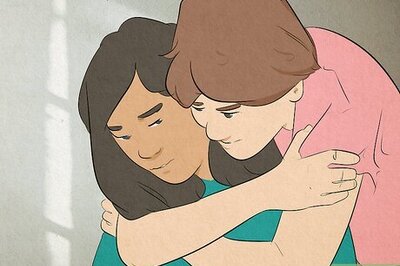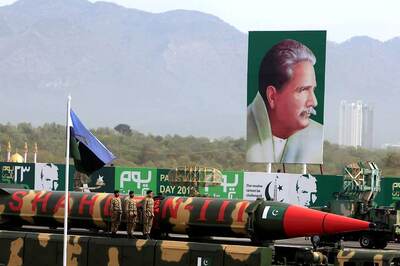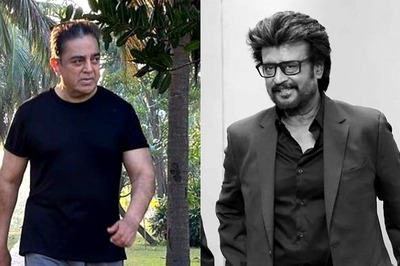
views
Washington: The life and death struggle of an Indian woman, whose gangrape aboard a bus in New Delhi 10 days ago spawned days of mass protests across India, was covered prominently by the American media. Reporting the death of the Delhi braveheart in a Singapore hospital on Friday, the New York Times said: "Revulsion and anger over the rape have galvanised India, where women regularly face sexual harassment and assault, and where neither the police nor the judicial system is seen as adequately protecting them."
"Angry protesters thronged central Delhi after the attack was made public and assembled in other major cities, demanding better police protection and better treatment over all for women. Some protesters and politicians called for the death penalty for rapists," it said.
"The brutal rape shook Indians out of their usual apathy," the Washington Post said citing analysts. "The response to it was galvanised by a complex confluence of factors, including the rise of a vocal, urban middle class, the use of social media and changing lifestyles," the daily said noting, "Similar factors triggered the massive anti-corruption movement that swept Indian cities last year."
The Los Angeles Times reported "the assault provoked thousands of New Delhi residents to throng the presidential palace last weekend, chanting 'We want justice!' and 'Hang them now,' culminating a six-day outpouring of anger at authorities for doing too little to deter assaults on women in the Indian capital."
Time magazine carried a photo feature on "an alleged gang rape in Delhi (that) has prompted calls for change by women's rights groups and violent clashes between police and anti-rape protests in the nation's capital." Many other newspapers carried an Associated Press report noting "the frightening nature of the crime shocked Indians, who have come out in the thousands for almost daily demonstrations."
"The protesters are demanding stronger protection for women and the death penalty for rape, which is now punishable by a maximum of life imprisonment. Women face daily harassment across India, ranging from catcalls on the streets, groping and touching in public transport to rape," it said. "Reported rape cases in India-where a cultural stigma keeps many victims from reporting the crime-have increased drastically over the past 40 years-from 2,487 in 1971 to 24,206 in 2011," CNN reported citing official figures. New Delhi alone had 572 rapes reported in 2011 and more than 600 in 2012.
####Tweets about ”delhi gangrape” !function(d,s,id){var js,fjs=d.getElementsByTagName(s)[0];if(!d.getElementById(id)){js=d.createElement(s);js.id=id;js.src="//platform.twitter.com/widgets.js";fjs.parentNode.insertBefore(js,fjs);}}(document,"script","twitter-wjs");




















Comments
0 comment